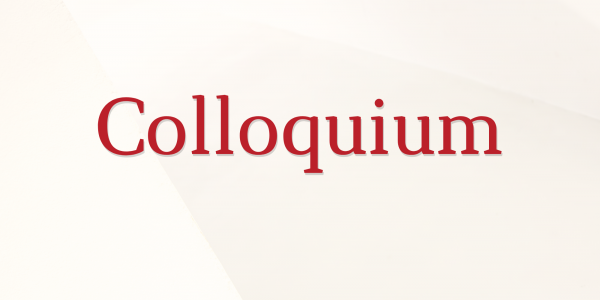Plato on Goods, from Socrates to Glaucon and back
Abstract: The taxonomy of goods at the start of Republic II puzzles readers. Many find it to be a confusing attempt to divide goods into ends, means, and both, and they struggle to see how it fits with the challenge that Glaucon and Adeimantus proceed to make to Socrates and with the response to that challenge that Socrates makes. To meet these concerns, scholars have proposed increasingly baroque or ad hoc construals of the taxonomy. I start more simply by asking why Plato gives the taxonomy to Glaucon and not to Socrates. I argue that Glaucon rejects Socrates’ causal conception of goods—according to which something is good for a human being if and only if it benefits them, which is to say, if and only if it causes its possessor to live better—in favor of a desiderative conception—according to which something is good for a human being if and only if they (would) experience it as desirable and enjoyable. The shift from Socrates to Glaucon dramatizes the importance of what philosophers today call the resonance constraint on accounts of goods and well-being. Understood in these terms, Glaucon’s taxonomy is clear and consistent in itself, and it coheres with the ensuing challenge and makes sense of Socrates’ reply. Socrates does not surrender his causal account of goods, or his Book One arguments for the superiority of being just, but he does try to satisfy the resonance constraint.

